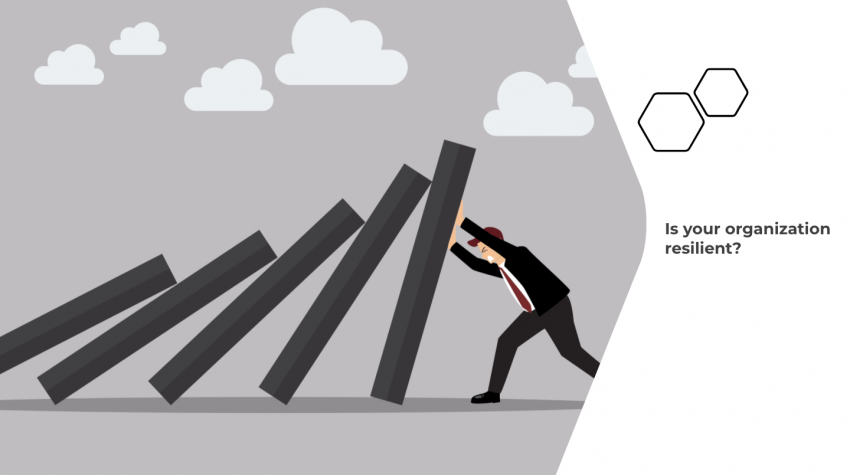
Is your organization resilient?
As the dust settles and organizations go back to work, the question many a CEO is asking is:
Are we resilient enough to prosper in the shadow of the social and economic impact of COVID-19?
Resilience is a concept that represents an organization’s capacity to adapt and thrive in a new harsh environment.
Adaptability is closely linked to the ability of the workforce to learn and pivot to a rapidly changing environment.
That is why a recent Deloitte article “returning to work in the future of work” remarked, “COVID-19 reinforced that it is more important to understand what workers are capable of doing than understanding what they have done before.”
“Now is not the time to pull back on workforce development efforts, but instead to double down on commitments to building a resilient workforce that can adapt in the face of constant change.”
How do you build resilience?
Resilience is not just built ONLY on the foundations of innovation and entrepreneurship but also on less quantifiable capabilities such as critical thinking, emotional intelligence, and collaboration.
Organisations, however, normally do not focus on developing these skills in their professionals, as it’s believed that these are attributes acquired during childhood or schooling. But research suggests just the opposite. For instance, psychologist Angela Duckworth, known for her research on “grit” (a combination of perseverance and passion), believes that this quality can be cultivated regardless of innate talent or intelligence. An MIT study recently tested this theory, and found that a 12-month workforce training program focused on improving communication, problem-solving and decision-making, time and stress management, financial literacy, legal literacy and social entitlements, and execution excellence significantly impacted productivity. The program delivered a 250% return on investment (ROI) within eight months of completion, with much of the gain being attributed to a jump in productivity.
Whilst this study is very encouraging, it’s often difficult to get employees to sign up for non-technical courses that do not have an immediate impact on their career. This concern is much more relevant in the current times when remote work is the norm. This is why we have a special focus on soft skills like critical thinking and emotional intelligence when designing Elite’s individual learning path. Elite gives you the flexibility to design learning programs that focus on technical skills as well as soft skills. As softs skills are seamlessly woven into individuals’ career maps, they are more likely to include them into the efforts taken to reach their career goal.
Leaders who want to forge ahead and thrive in the new norm must take positive steps towards encouraging meaningful learning in their workforce.

